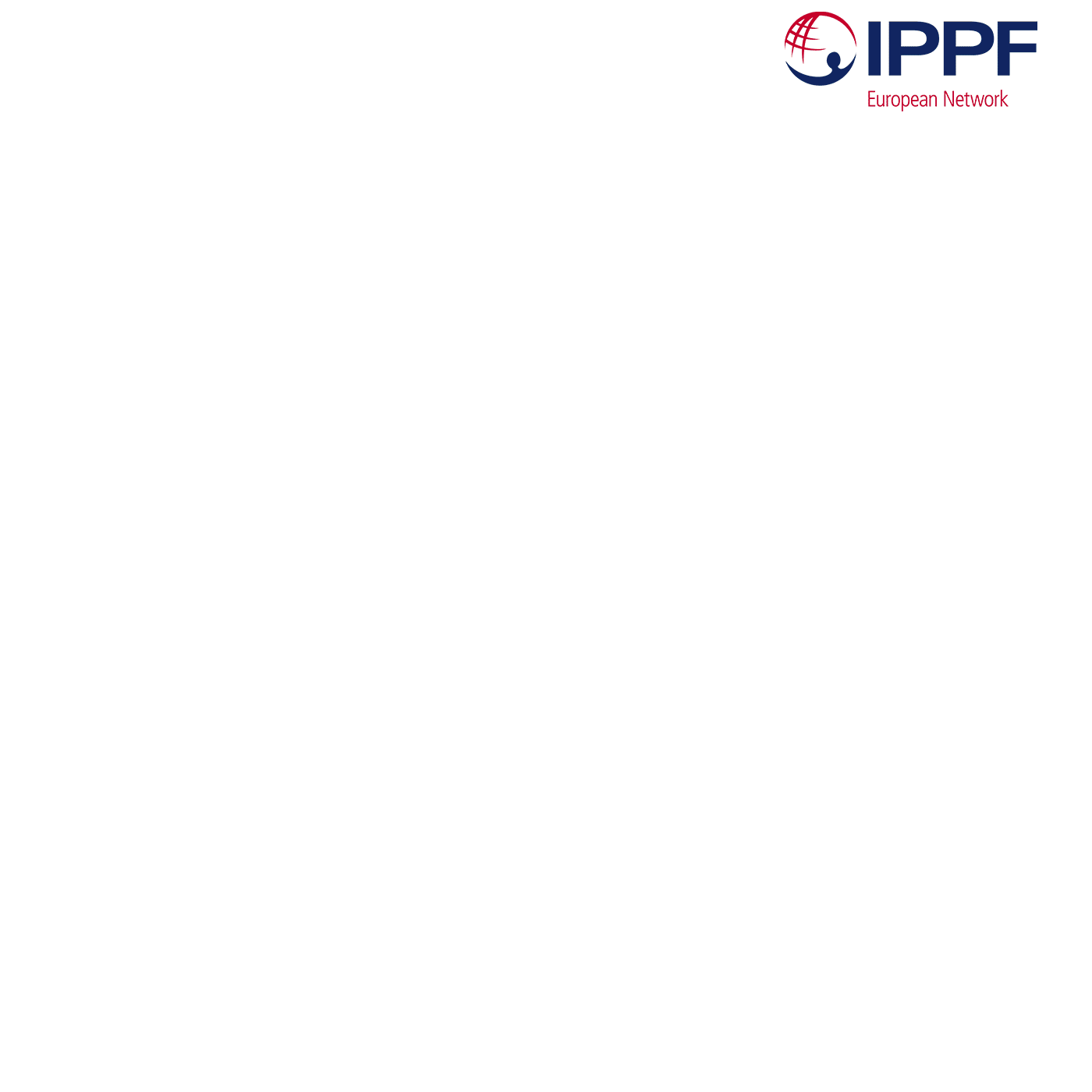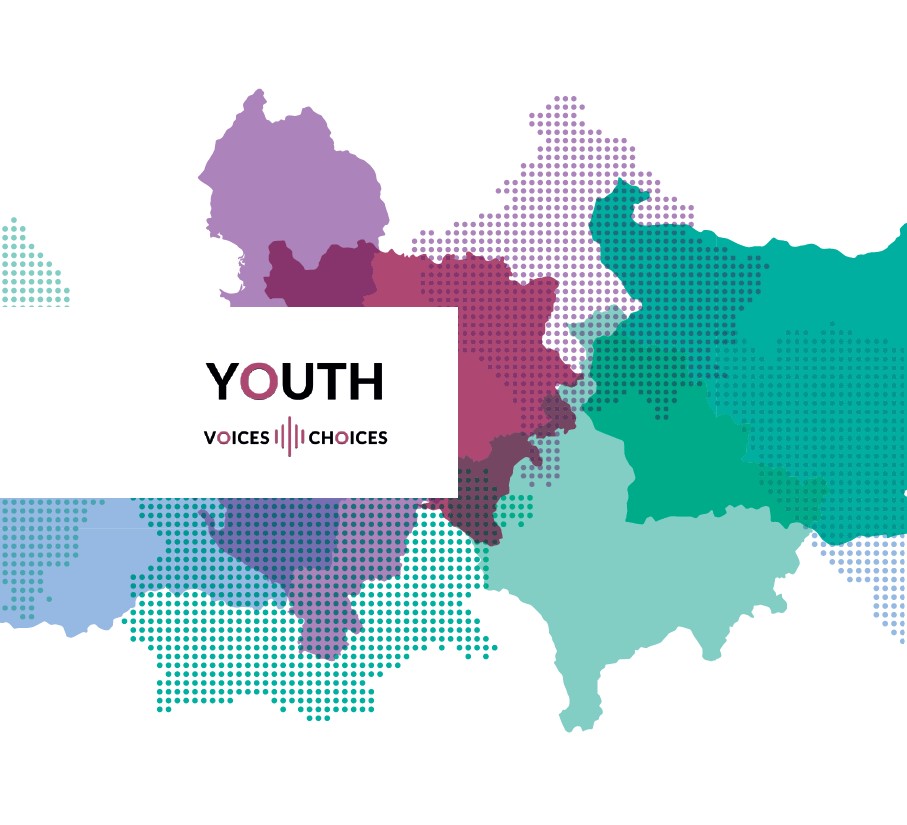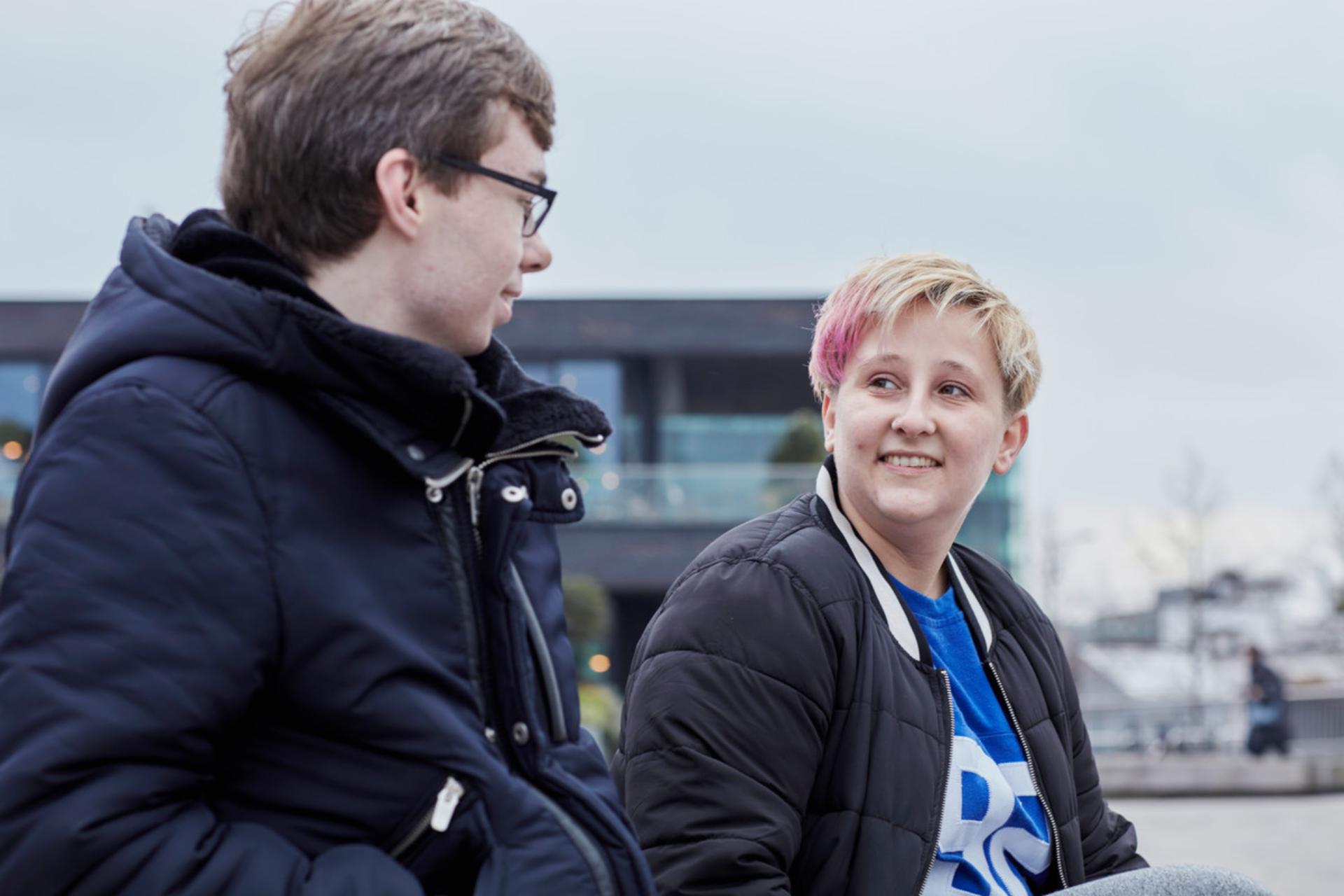Spotlight
A selection of resources from across the Federation

2022 IPPF EN Annual Report
Download our Annual Report to read about our activities and achievements in 2022.
Filter our resources by:


| 13 November 2023
New Results Based Management (RBM) e-toolkit
About the RBM e-toolkit It is a digital resource for interactive learning and practice that can improve your project design and implementation journey. It can be used both online and offline, making it accessible to everyone. The e-toolkit is designed to help beginners and intermediate level RBM knowledge holders. And it can be used by any staff and interns within the IPPF Secretariat, Member Associations and Collaborative Partners, interested in developing their understanding and skills in project design and management. The online version of the e-toolkit can be accessed via the IPPF Academy Platform (M&E Section) - Course: RBM E-toolkit (ippf.org). What to expect Each module is a short lesson, with a maximum duration of 30 minutes, focused on key concepts, practical steps, and tools to be used during the project design stage. Practice worksheets are downloadable for direct use in your organization. The current first iteration of the e-toolkit is focused on project design and planning. You can find guidance on how to develop a Project Theory of Change, following a given set of steps such as: problem identification and formulation; context analysis (using the PEA approach/ Political Economy Analysis); stakeholder analysis (using Power Analysis tools); problem analysis and diagraming (using Problem Tree, 5 Whys and Rich Picture methods); solutions and pathway for change identification and diagraming; assumption identification within pathways for change; The theory of change narrative and visualization. In 2024, the second iteration will also include guidance on how to develop an M&E Framework and Plan; and how to prepare for M&E Implementation during a project’s lifetime. If you are required by your organization to lead or take part in a project design or proposal development process, then the RBM e-toolkit is the right tool for you. The e-toolkit will help you design effective projects that deliver measurable results and ultimately make a positive impact on the communities you serve. So, go to the IPPF Academy and start your learning and practice journey. If you do not yet have an account for the IPPF Academy Platform, contact Anemarie Gasser at [email protected] for support. Illustration by Bibi Sakata

| 23 October 2023
Civil Society Assessment of EU policies (2019-2023) advancing girls’ rights
As the European Commission leadership and European Parliament approach the end of their term, the European Week of Action for Girls (EWAG) is looking back at the past years to assess EU policy frameworks and regional partnerships and evaluate their contribution to promoting girls’ rights. The paper provides an overview of positive advancements, as well as shortcomings, and puts forward a set of recommendations on how to better advance girls’ rights in EU external action onwards.

| 04 July 2023
2022 IPPF EN Annual Report
Responding to the shocking events of early 2022, when Russia invaded Ukraine, was at the heart of our work throughout the year. We stayed in close contact with our Member Association in Ukraine as they continued to operate in the harshest of contexts, IPPF helping to support the delivery of essential sexual and reproductive health (SRH) commodities into the country. We also secured funding to establish a humanitarian network with 17 partner organisations to ensure life-saving sexual and reproductive health and rights (SRHR) care for people in need in Ukraine, especially the most marginalised, as well as refugees arriving in neighbouring countries. We were humbled as our national partners, many already facing intolerable pressures from their daily fight against the backlash on SRHR and women’s rights, mobilised to join the humanitarian response. IPPF launched a fund-raising appeal to raise funds for Ukraine, and we moved swiftly to alert European Union (EU) decision-makers and raise awareness via international media, helping ensure SRHR was at the heart of the EU’s crisis response. In June, we were deeply saddened when the US Supreme Court overturned Roe v Wade, removing 50 years of constitutional protection for abortion in the biggest blow to women’s health and rights in recent US history. We mobilised together with civil society partners and our national networks to ensure widespread European condemnation of the US move and warn of potential spill over effects on women’s rights globally. We were heartened to see decision-makers in some European countries double down on strengthening national protections for abortion rights. Against the backdrop of these external crises, we were excited to kick off the implementation of our first operating grant under the European Commission’s Citizens, Equality, Rights and Values Programme, strengthening our ongoing work to contribute to a more gender equal society. In 2022, we reinforced our support to national social movements countering the backlash against gender equality and human rights. We continued to advance a progressive EU agenda that upholds rights, democracy and the rule of law, and combats gender-based violence (GBV). And we ensured growing numbers of young people are empowered and kept safe from harm by learning crucial skills relating to sexuality and relationships. We also centred a gender transformative lens in all aspects of our own work, from policies to language to programming. In June, we were thrilled to lead the Countdown 2030 Consortium in beginning a new phase of its mission to hold European donors to account for commitments on SRH and family planning, thanks to a new 4-year grant from the Bill & Melinda Gates Foundation. Meanwhile, on our Federation’s 70th anniversary in November, IPPF Member Associations from around the world unanimously adopted “Come Together”, a new global strategy 2023-28 that will equip us to uphold SRHR for those who are left out, locked out or left behind in a rapidly changing world.

| 19 April 2023
For an inclusive feminist Europe: recommendations for the EU election campaign
The European Union (EU) is facing many obstacles in upholding its core values. Challenges such as the COVID pandemic, the Russian war against Ukraine, and the climate crisis have created unprecedented uncertainty around our common future, and have increased existing inequalities, particularly for women and girls in all their diversity. The rise of authoritarian regimes and populist movements has led to growing opposition against EU values such as: the rule of law, democracy, human rights, and equality, including a backlash against gender equality and women’s rights. Ahead of the pivotal moment that are the European elections, political parties must take a bold stand in the defence of EU values. The EU should actively tackle intersecting systems of oppression such as patriarchy, racism, neo-colonialism, and neo-liberalism. It should strive towards a world where everyone can enjoy the same rights, and lead free and safe private and family lives, free from sexism, coercion, and violence. We call on European political parties to put inclusive feminism at the heart of their electoral programmes, and to commit to further advancing gender equality and women’s rights, including sexual and reproductive health and rights (SRHR), in the EU and beyond. Read below our recommendations on how we can create together an inclusive feminist Europe that promotes gender equality, women’s human rights and SRHR in all fields; that puts an end to sexual and gender-based violence; and that counters the threats against its values.

| 09 March 2023
IPPF Policy on Sex Work
The IPPF Sex Work Policy makes clear the position and commitments of our Federation globally with regards to sex work. This is the first time IPPF has taken a position on sex work, and presents human rights-based values and principles which apply broadly to all contexts, without being prescriptive about approaches or actions. It is rooted in positions taken by sex-worker led organisations and networks across the world, and in existing IPPF documents. Find out more and download the policy here. In line with IPPF’s global policy position, IPPF European Network is opposed to any measures in EU policy or legislative instruments that would criminalise any aspect of sex work, including clients and third parties. Read below the summary of IPPF's Sex Work Policy laying out our guiding principles and calls to action for policymakers.

| 08 March 2023
New data on European donor support to sexual & reproductive health & rights worldwide
Now is when standing by our values matters most. We must treat all people with dignity and humanity, not despite, but because we are faced with multiple crises caused by war, inflation, and a hard post-pandemic recovery. In 2021, European countries struggled to keep their promises to uphold sexual and reproductive freedom for all. They managed to maintain their overall support to sexual and reproductive health & rights worldwide by investing 2.780 billion euros. This includes 1.385 billion euros allocated to sexual health and family planning, which means at least 10.5 million women and couples had access to contraceptive care. But much more is needed. More investment and better policies around sexual and reproductive health will have a profound impact on people’s futures. It will give options to those of us without them. Which in turn will lead more people to thrive, thus creating safer, more just and prosperous communities. We have a shared moral responsibility to respond to global challenges in an equitable manner. In our most recent report, we are looking at 2021 funding data and 2022 political stances adopted by thirteen European governments and the EU institutions with regards to sexual and reproductive health and rights. Watch our video to get an overview of the findings and download the below resources for more information.















